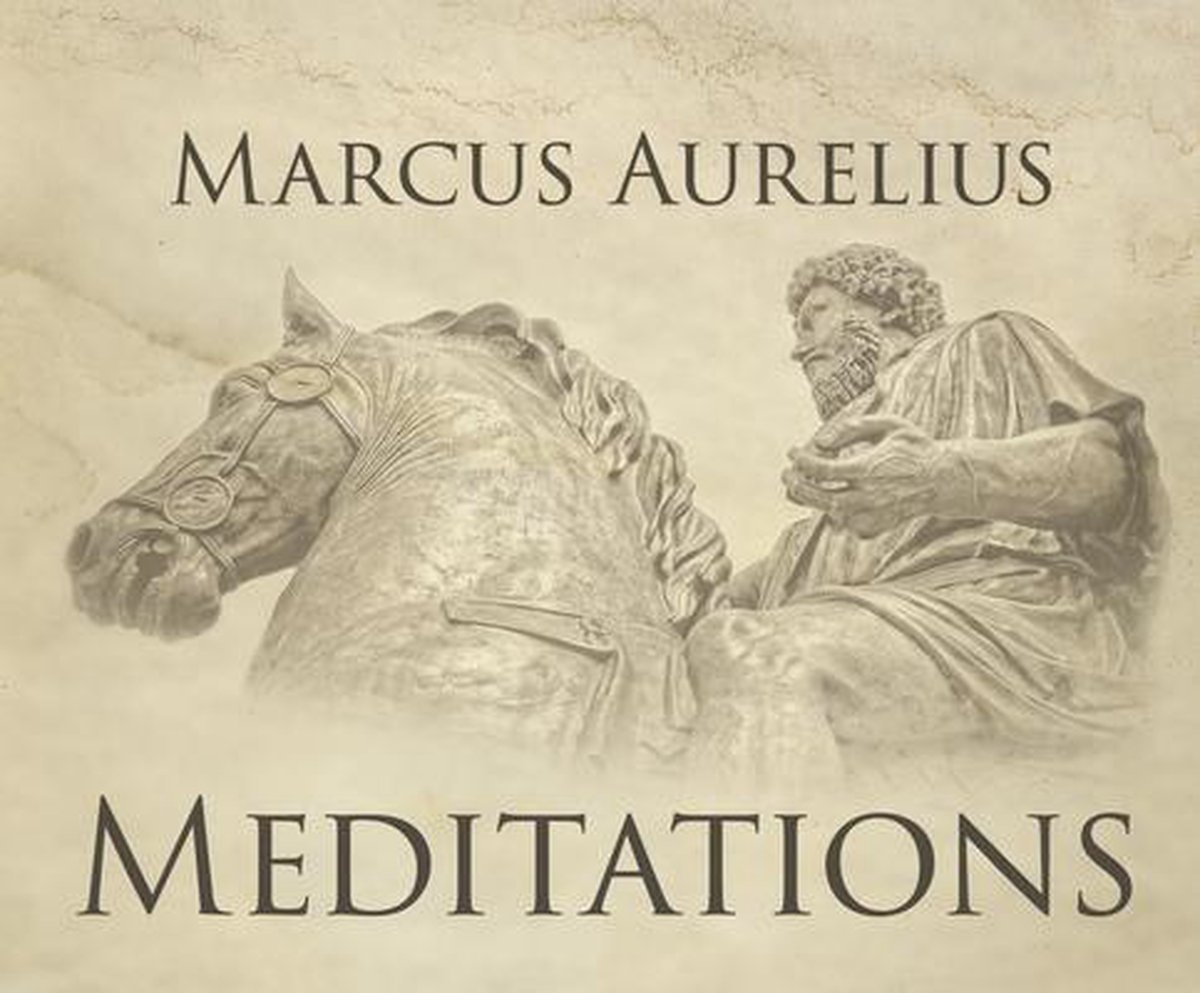

“You have power over your mind – not outside events. So we should not let ourselves become emerged by two times that do not even exist, and instead, we should strive to be as mindful as we can by enjoying the time we have now.ģ. According to him, really, the present is all we have because the past or the future do not exist.

Through these lines, Marcus advises us not to live in the future. “Let not future things disturb you, for you will come to them, if it shall be necessary, having with you the same reason which you now use for present things.” “Be good” – while you’re still alive and able, he says, and do not expect credits for your kindness, or else it does not mean a thing.Ģ. When you’re reading Meditations, you begin to notice how Marcus encourages living life to the fullest, without being lazy, without postponing decision-making, and striving to be the best version of yourself. “Not to live as if you had endless years ahead of you. Here are five of the most remarkable insights he had (according to me, as a reader), on life, death, and self-improvement.ġ. Marcus Aurelius, a Stoic, wrote the 12 books of the Meditations in Koine Greek as he was striving to be better, as a human being, and striving to reflect on the already taught Stoic values. The Stoics are especially known for teaching that “virtue is the only good” for human beings, and those external things-such as health, wealth, and pleasure-are not good nor bad in themselves (adiaphora) but have value as “material for virtue to act upon.” In case you’re curious, Stoicism is a philosophy of personal eudaemonic virtue ethics informed by its system of logic and its views on the natural world, asserting that the practice of virtue is both necessary and sufficient to achieve eudaimonia - the state or condition of ‘good spirit’ or, as we call it, happiness. Meditations is a series of personal writings by Marcus Aurelius, a Roman Emperor from AD 161 to 180, recording his private notes to himself and ideas on Stoic philosophy - from a tent.


 0 kommentar(er)
0 kommentar(er)
